A deep dive into the self-care movement and the ways in which women — activists, artists and comedians — are defining what self-care means to them.
An airy voice pours down the chrome stairway from the top floor of the Museum of Contemporary Art. Rhythmic vocals loop over electronic undertones. The warmth of Lykanthea’s music floats through the room while the audience cranes their necks hoping to catch sight of who is singing. A bright white room is bursting with people sitting in green plastic chairs. Some have their eyes closed, others look out the floor-to-ceiling windows that frame a dim street-lit Chicago. Lykanthea — also known as Lakshmi Ramgopal — ends her set gently, letting the music fade out almost on its own. Performance is her form of self-care.
“I had this epiphany where I realized that I feel so much better after I play a show or rehearse. It was something I was aware of before but never really connected to the idea of self care,” Ramgopal said. “My music has always been a way to empower myself.”
Her work as Lykanthea is often improvised and performed on the floor. The intricate melodies are infused with the sounds of her South Indian heritage. She is a musician, a writer and a scholar of ancient history. Most recently Ramgopal has organized Rose Quartz Project, a series of self-care workshops in direct response to the 2016 election. The last workshop included speakers who specialized in bystander intervention, self-defense and activist rights, and the next one is scheduled to focus on various forms of DIY wellness.
“I want to help people build community and find ways of protecting people who are most vulnerable in this society,” Ramgopal said. “ I want to empower people to take care of themselves through that process because any kind of political activism does require taking care of yourself.”
Self-care for Activists and Artists
Inside Chicago’s Museum of Contemporary Art artists, activists and professionals gathered together in response to the inauguration to learn the act of self-care as warfare. The title of this event was rooted in the writings of the well-known civil rights activist and feminist Audre Lorde, who famously said “caring for myself is not self-indulgence, it is self-preservation, and that is an act of political warfare.”
Self-care comes in many forms. Simply put, it is the act — or process — of taking care of oneself mentally, physically and emotionally. In order to make this idea of self-care come to life, please flip through the slide-show bellow where a little illustrated rock will demonstrate the various ways self-care can be integrated into your life:
Over the past few years, the self-care movement has been growing through social media and become a pillar of many artist and activist communities. From Black Lives Matter activists to feminist illustrators, many have begun to incorporate self-care into activism as a crucial aspect of fighting institutionalized racism, sexism and violence on a day-to-day basis. Burnout in the field of social justice is common. It involves dealing with human rights abuses, violence and opposition. As an artist and disabled woman of color, Ramgopal has developed methods of self-care unique to her.
“Especially among women in my generation — so the older end of the millennial demographic — there has been an increase in conversation,” Ramgopal said. “I think that the black community has been at the forefront of the conversation because of a greater need for self-care, because that community is so oppressed and has historically been so oppressed in this country.”
Black Lives Matter has propelled the dialogue surrounding self-care as a necessity, especially in the wake of constant violence against black bodies. The life of an activist is often physically, emotionally and mentally draining. Alice Berry, a professional counselor, said the pressure activists deal with in their work is great and, if not checked, could lead to long term damage.
“Self-care for activists is really crucial because in order to do the kind of combative adversarial work that activists have to do, they have to be able to withstand pressure of all sorts: physical pressure, mental pressure and societal pressure that are essentially telling them not to do that,” Berry said. “They are going against an established norm and saying ‘no’ and doing that creates conflict, that creates stress. and long-term stress over time creates all sorts of things.”
Since the most recent presidential election, there has been a lot of conversation centered on the way the public can best cope with the political climate. For many, this means reading the news vigilantly or remaining invested in calling local and state representatives to share grievances. However, in recent months the term “post-election stress disorder” has begun to circulate in the community of therapist and physicians as more and more of their clients report feelings of anxiety, stress and unrest in light of the new administration. This phenomenon has been reported as affecting women more acutely than men for a number of reasons.

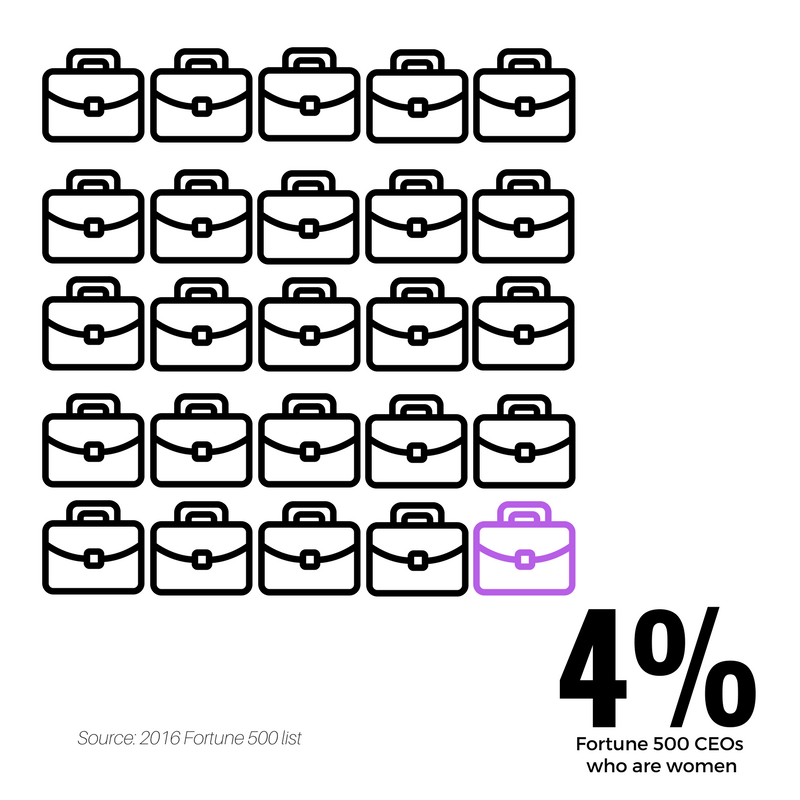


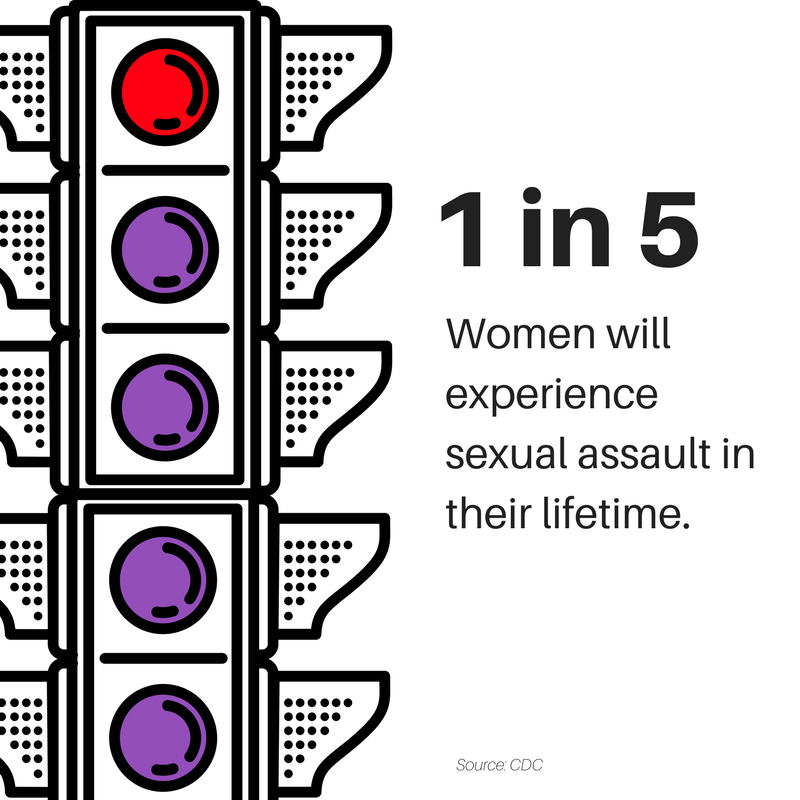
Sadly it doesn’t stop at just women, as PESD and its symptoms ring especially true for marginalized identities that many recent executive orders have impacted directly. For Native Americans, muslims, femmes and members of the LGBTQA+ community, the personal is political.
For Ramgopal, self-care has manifested in the form of long-term birth control. With conversations surrounding Planned Parenthood and the issue of reproductive rights coming to the surface under the new administration, many are taking precautionary measures to ensure they are covered.
“I feel like the IUD can become this really great example of how self-care can take on all these different forms as to how women’s bodies are policed in this country,” Ramgopal said. “Now I have an IUD so I don’t have to worry about abortion access, but at the same time, I have these cramps that make it harder for me to work.”
In a January interview on CNN, Planned Parenthood President Cecile Richards addressed the increased anxiety around reproductive rights and access to contraceptives; Planned Parenthood recorded a 900 percent increase in the demand for IUDs post-election.
Ramgopal’s list of self-care necessities are a vital part of her ability to maintain both activism and art. She must make a concerted effort to care for herself and her body whenever possible. Yet as someone that identifies as a woman, her body and identity have been politicized, judged and policed throughout her entire life.
“At a time like this, when the political environment is so oppressive and so invasive — for me, self-care has been a sort of permission slip for myself to be like: I’m checking out for now so that I can check back in and be stronger and better and happier,” Ramgopal said.
Musical performance has helped Ramgopal reclaim her body and practice self-care actively. On the other end of the performance spectrum, stand-up comedy has helped many female comics reclaim their voices. For them self-care comes in the form of laughter and a place to make their experiences known. On the last Wednesday of every month, Volumes Bookcafe becomes home to an all-women’s open mic night where post-election stress, reproductive rights and Paul Ryan managed to come up time and time again.
On a colorful wall of book jackets, “You Joke Like a Girl” stands out in bold letters. The powder pink female gender symbol is entangled with a flexed-bicep holding a mic; an homage to Rosie the Riveter’s signature pose. Chairs, benches and couches are arranged in a mix-matched mosaic around the mic. The smell of fresh coffee fills the air with warm notes of hazelnut and vanilla.

Elyse Nylin holds the sign-up sheet at “You Joke Like a Girl” (Ivana Rihter, 14 East Magazine)
Elyse Nylin, the creator and producer, stands at the front of the room beaming with the sign-up sheet in hand. Around the room some women are wrapped up in scarves and cradling coffee mugs while others are frantically jotting notes down and taking generous gulps of red wine.
Nylin is well known for her quippy anecdotes between sets. This week included a dramatic reading of text messages from her 80 year-old grandmother.
“The most amazing thing to me is that generally at a bar open mic, no one is listening because you are there to work out your material, but here people stay — people listen. I think it has a lot to do with the fact that it is all women,” Nylin said. “We want to support each other. Women power!”
The mic is hosted at a bookcafe owned by sisters Kimberly and Rebecca George, and it has become a safe space for female comics dedicated to self-love. All of this was founded last year by one woman, Nylin, and dedicated to making room for more women in the comedy world.
“I wanted to make it about them — about them finding their space and being able to be comfortable and finally get to be heard somewhere, once a month, at least,” Elyse said.
The sets on the night of Jan. 25 are charged with messages of resistance, empowerment and support. Talk of the inauguration, the Women’s March and Roe v. Wade made its way into almost every set and didn’t stop there. Many opened with one-liners about Brazilian waxes or post-election activity on Facebook, but often mental health, politics and reproductive rights surfaced in these sets too.
Kate Striet’s set focused on her stay at a mental institution which ended in the middle of the night after discovering her roommate dancing in stolen clothing. In any other context, this subject matter would be deemed very dark, extremely personal and not appropriate to broach in public. However, Nylin has worked hard to create a space where anything was fair game, and she is not the only one. There has been an increase of spaces exclusively for women and femmes in the world of comedy, art and music.
“It’s nice to have an outlet for self expression, something outside of the everyday and outside of work. It’s just nice to be able to express yourself,” said Striet.
The environment fostered by the all-women’s open mic is one of acceptance and self-love. Despite embarrassing workplace occurrences, one-night stands and imperfect relationships, everyone is welcomed to come hash it out on the mic.
“I talk about myself as being a queer individual, and I talk a lot about my experiences with that. I feel like it lends itself to being open and honest,” Nylin said. “There have been some times when people have said some pretty triggering things — people talk about sexual assault and sexual abuse– and it always goes over in such a positive way.”
She brought the lessons she learned at Feminine Cominque last year to Volumes Bookcafe to start “Joke like a Girl.” Attendance has been growing every month. Nylin shakes the hand of each and every single performer after their set. She talks about her own ‘new relationship bliss’ and riffs off previous sets. At the beginning and end of every open mic, the entire crowd comes together in a resounding battle cry — ‘YOU JOKE LIKE A GIRL!’ echoes off every wall.
“I’m proud of all the women. I don’t take up a lot of mic time and I don’t do that on purpose,” Nylin said. “This is a space for them. I am here to facilitate it and say names, but I want them to get up there and tell their stories. If I have something weird to say in the middle, cool.”
Self-care is for Everyone
Self-care is, in many ways, a choice. It requires active participation and active surveying of oneself on a moment-to-moment basis. When was the last time you ate? How many hours of sleep did you get last night? Was it enough? How does your body feel right now? Would stretching help? What would help me destress?
“It takes a certain amount of self awareness. Developing self awareness is a major step in learning how to take care of yourself,” Alice Berry, a professional counselor based in Chicago said.
After working in the fashion industry for 30 years, Berry is now a therapist whose psychological practice specializes in work with artists and creative professionals. Her office is nuzzled into the corner of her design studio — a cozy space filled to the brim with garments in all states of completion. There are fabric rolls stacked up to the ceiling and a rainbow of thread hung on the wall.
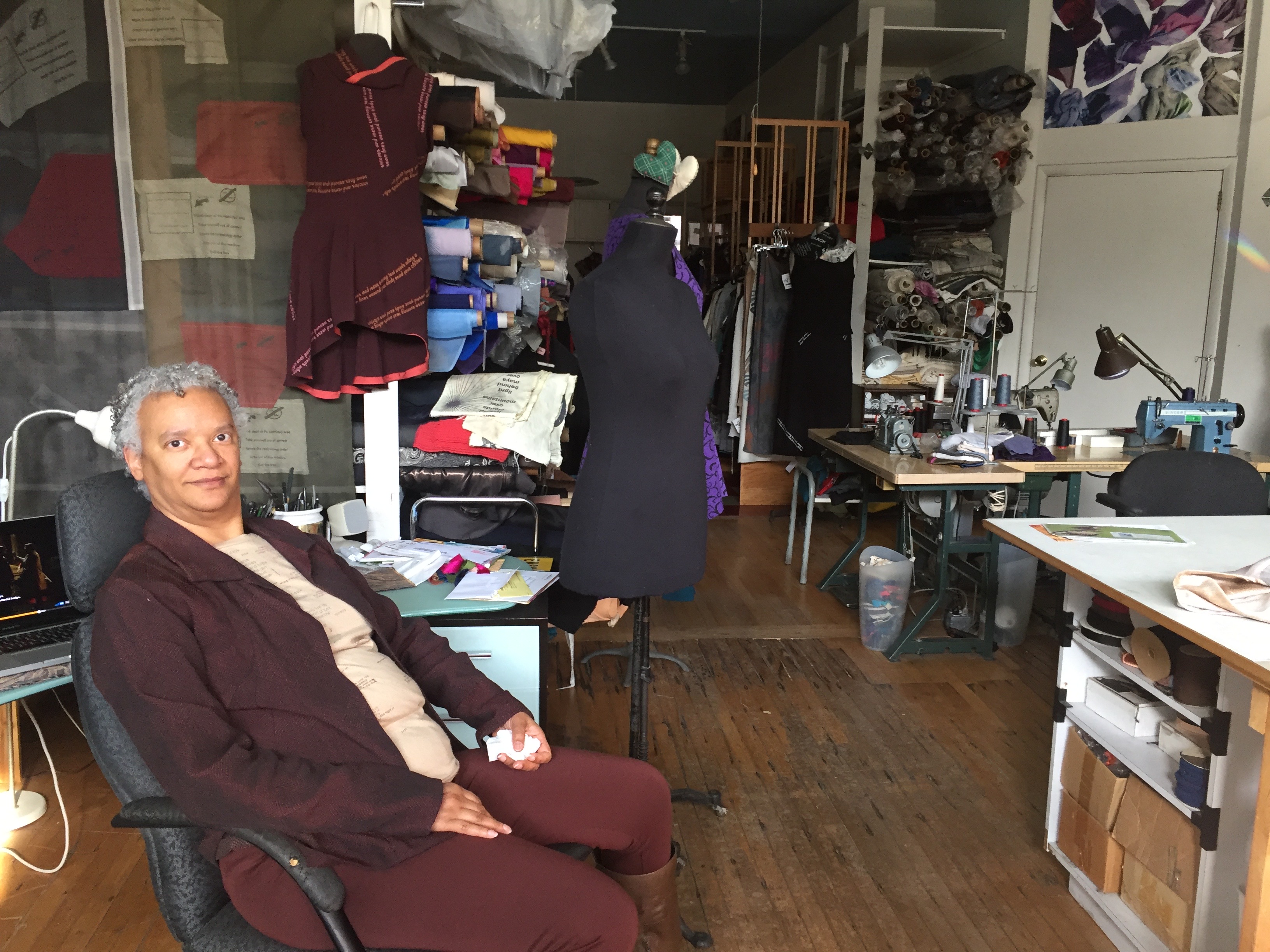
Alice Berry in her design studio (Ivana Rihter, 14 East Magazine)
“The therapist creates the conditions for change to happen; the therapist does not create the change,” Berry said. “The therapist is not the expert in a person’s life. the therapist does not fix the client — the client does that.”
This applies to finding self-care strategies specific to individual needs. Self-care is subjective. It varies from person to person, and cultivating a technique of achieving wellness is extremely personal. It looks different on everyone, and self-care standards are difficult to standardize. Berry tries to pave the road to self-awareness, working as a support structure throughout, so her clients can begin to create a definition of self-care for themselves through this awareness. Everyone is faced with a unique set of circumstances, and self-care should be tailored to that. This is when the necessity for self awareness comes into the practice of self-care.
The clinical definition of mental wellness can be summarized as the ability to maintain relationships, work, a sense of place and, most importantly, a sense of self. The road to mental and emotional wellness is paved by the client in Berry’s humanistic approach to therapy. Her recommendation for self-care strategies vary as self-care can be found in all kinds of places. Holding a baby and closing web browser tabs are not exactly comparable, but both offer different kinds of self-nurturing.
“Different things are to different people at different times,” said Berry. There is much more to self-care than satisfaction-based activities; those are just some pieces to the puzzle. Sometimes the most nurturing thing we can do is take care of others.
“I have lately come to realize that not everyone associates self-care with what gives you pleasure,” Berry said. “Some people associate self-care with achievement, some associate it with beauty and some associate it with cultural standing.”
While integrating self-care into one’s day to day can improve mental wellness overall, the pressure of maintaining these habits should not add to the overall stressors of the day. Self-care can be embedded in everyone’s busy schedules differently.
“It doesn’t have to be every day. If you like doing something every day, if that’s doing something for you, then great. But what happens is people hear that and then it becomes a duty,” Berry said. “If it is not fulfilling and they are doing it just because they think they should, it is no longer useful.”
Self-care is easy in theory, but life often gets in the way. In times of academic pressure or increased work responsibility, self-care necessities such as sleeping, eating and keeping up hygiene often fall to the wayside.
More often than not, self-care does not need to be a grand gesture or a massive shopping spree. There are many small ways to practice it; for Ramgopal it manifests in something as simple as watering plants. She makes sure to water her plant family with respect to the unique water measurement needs of each flower and herb.
“I do it with intention now instead of, like, ‘I’m going to stick all of these in the sink and spray them until the soil is wet and then put it on the window sill,” Ramgopal said. “Taking a moment with something really mundane like that can actually be really beautiful and really refreshing.”
It is very often in mundane activities like walking a pet, watering plants or stretching in the morning we can find points of access to conscious decisions of self-care. Yet even within the self-care community the definition of self-care varies. It is often much more complicated than just eating when you are hungry or taking a nice long shower. It can manifest interpersonally, emotionally, physically and mentally. Each is filled with its own unique trials and tribulations, but all contribute to one’s overall wellness. While many of these habits are learned behaviors, a lot of them you probably do already. You might be better at some than others, Take the quiz to find out!
Results:
0-2 points in any category means you have a bit more to work on in terms of self-care!
3-4 in any category means that you are in a good place in terms of self-care, but there is always room for improvement!
5 in any category means that you are doing a stellar job with self-care, keep it up!
The Self-care Community
College students are often guilty of unhealthy sleep schedules, lack of nutrition and prolonged stress levels. At DePaul University, the Tough to be Tough Campaign — comprised of students raising awareness about mental wellness — has started a self-care challenge on social media. March 6-11, they asked students to spend five days posting what they do to take care of their mental health. The campaign team #Flythe5 is a part of the Public Relations Student Society of America, or PRSSA Bateman Project happening at DePaul University.
“People are more comfortable talking about mental health when they are in a community, and I think the Chicago community is one that is very unique when compared to other communities around the country,” account director Brooke Beatty said.
They based their #Flythe5 hashtag off of the famous Chicago Cubs #FlytheW. The group of public relations and advertising students have come together to spread the message of The Campaign to Change Direction, an initiative of citizens, nonprofit leaders and professionals who have joined forces to change the stigma surrounding mental health, mental illness and wellness in America. The five signs the Campaign to Change Direction hopes to bring awareness to are:
- Hopelessness
- Withdrawal
- Agitation
- Poor self-care
- Personality change
“We want to equate mental health with physical health. When you see your friend fall in P.E. you know to take them to the nurse, but when you see your friend hopeless, we don’t know what to do. Our goal is to inform people of those next steps,” Beatty said.
Community has played a central role in creating their campaign. They have focused their outreach to ethnic organizations on campus, who are consistently underserved by the mental health field. The campaign interviewed over a dozen campus leaders representing various communities, from LGBTQA+ to Latinx students. These groups were not randomly chosen: the stigmas of mental health run deep in these communities and many lack the resources to get help.
“What schools really fail to do is target students that need self-care the most, and that is minority students,” Beatty said. “That is an area that DePaul really lacks because we don’t have a therapist of color. If you are going to a therapist and are an African-American person, you will not be able to see someone that looks like you.”
Sydney Bickel, who does the media relations for the group, wants to create a community of support at DePaul using social media as a tool for awareness. “Everyone thinks that they are just going to tough it out and that’s the idea we are trying to remove,” Sydney Bickel said. “It’s too tough to be tough and do it all on your own.”
The Tough to be Tough Campaign has even built a mobile self-care pop up shop called the Cozy Corner. It is cleverly adapted from the prototypical kindergarten reading corner. The five-foot wall will travel through various university buildings throughout the month of March which aligns with final exams, often a time of peak college aged stress. When inside the Cozy Corner, students are invited to rest in the bean bags, color with crayons and write what is worrying them most intensely on the walls in chalk.
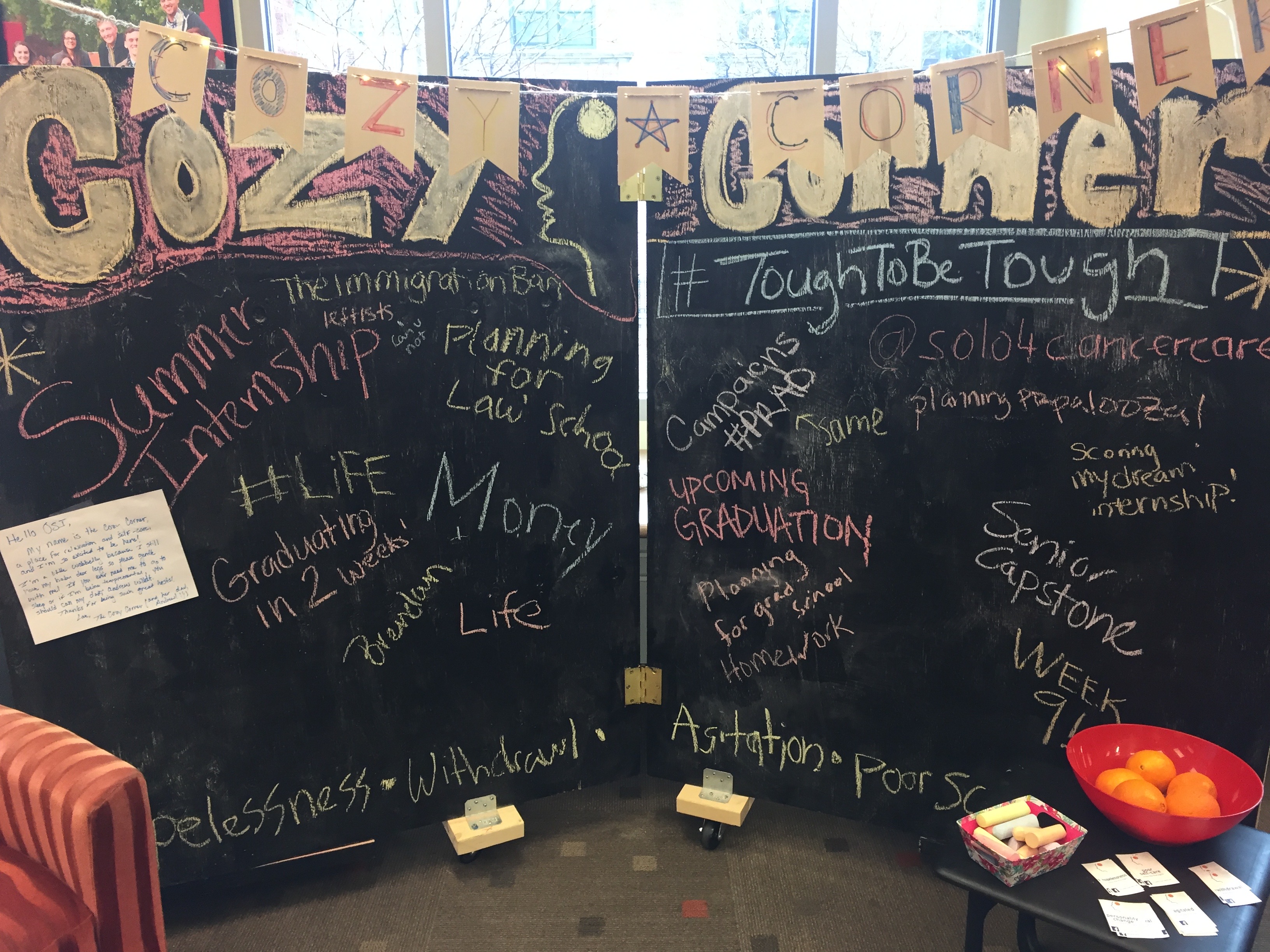
The Cozy Corner makes its way around DePaul University (Ivana Rihter, 14 East Magazine)
“There is no universal language or easy way to talk about mental health, and through these five signs and our outreach to multicultural groups on campus, we can begin to equate mental wellness to physical wellness,” Joash Mencias said, who has designed the graphics for the campaign.
For college students lacking in resources, it is important to point out the many ways self-care can be incorporated into life on a budget. For instance, Alice Berry operates on a sliding scale for her counseling practice. This allows all her clients to pay what they can based on income level, making therapy and professional help accessible to everyone. An idea that is sometimes associated with self-care is the “Treat yo self” mantra Parks and Recreation coined, but it has been used much more broadly outside the quippy television series. While the idea of treating yourself to consumer goods may be rooted in doing something nice for yourself, spending money does not immediately equate self-care.
Not everyone is afforded the luxury of taking a weekend off work to enjoy the spa or going on a shopping spree. Self-care as a marketing technique may prove effective as self-care continues to grow more popular, but one cannot buy wellness through the guise of a 24k gold face mask. Ramgopal argued that while spending money can contribute to wellness, it can’t constitute wellness on its own.
“Self-care doesn’t have to involve spending money, and every now and then especially since the election in November I have these moments of, ‘I’m just going to this expensive pair of shoes that I don’t need because it’s self care,’” Ramgopal said. “I don’t wear heels, and I realized that I don’t have to do that.”
When the term self-care is used to appeal to consumer interests and sell more products, it is not being used responsibly. Profiting off mental illness stereotypes, unhealthy sleeping habits or workaholic tendencies glamorizes harmful behavior and furthers stigmas of mental health. At the root of self-care is not self-preservation but wellness that allows us to both treat ourselves and those around us better. There are many ways to approach the idea of self-care, whether the entry point is through a community of fellow activists, comedians or college students. Incorporating self-care into our often bustling lives can help us manage stress and improve our overall wellness so we are able to move through the world with more compassion and energy.
“Self-care can sometimes take the form of taking care of other people. For me, one of the big steps to getting better at self-care is to accept that I was raised with this idea that self-sacrifice is the most important thing,” Ramgopal said. “I think accepting that sense of guilt or concern is not going to just go away has been really helpful. Hearing more Indian women talk about that aspect of self-care more and more has been important for me in reminding myself that it is not selfish, but selfless.”
Header image illustrated by: Ivana Rihter



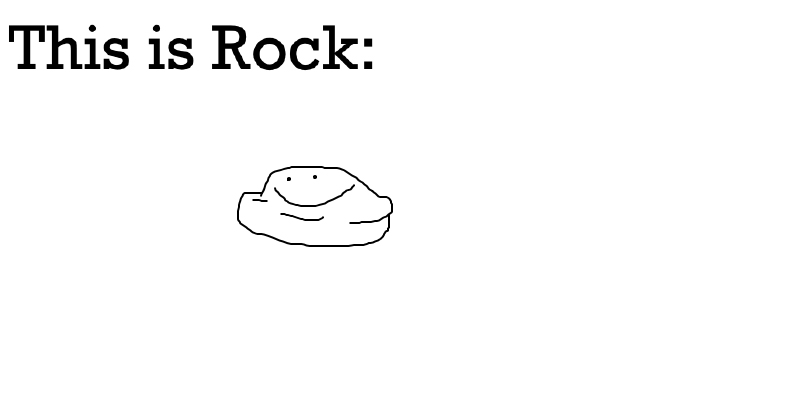
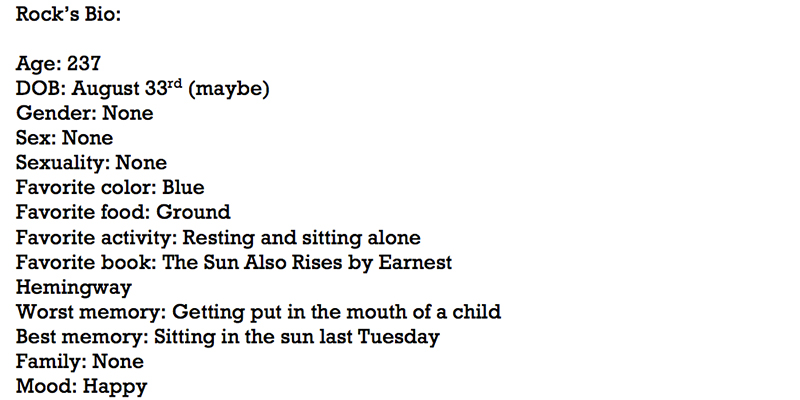



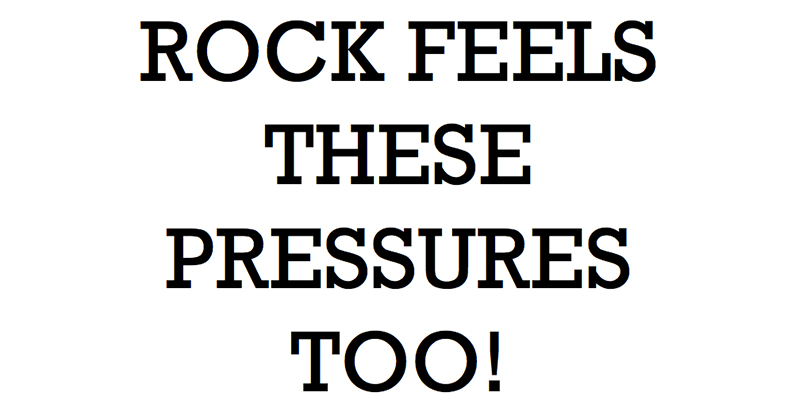
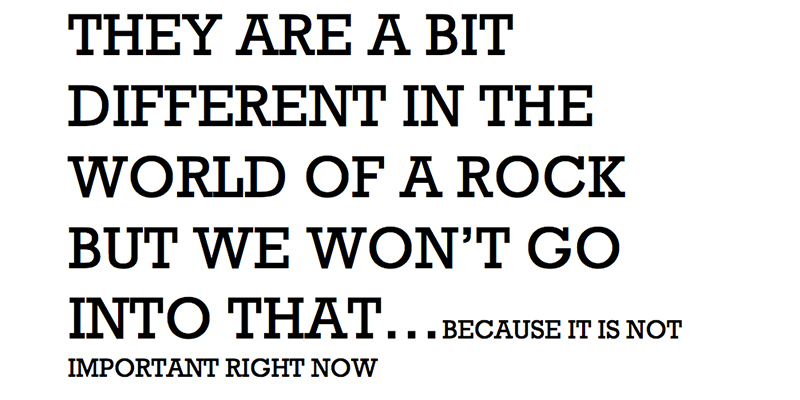
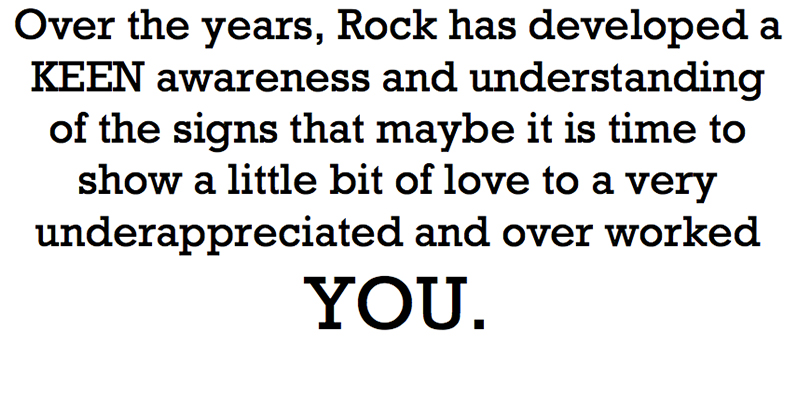
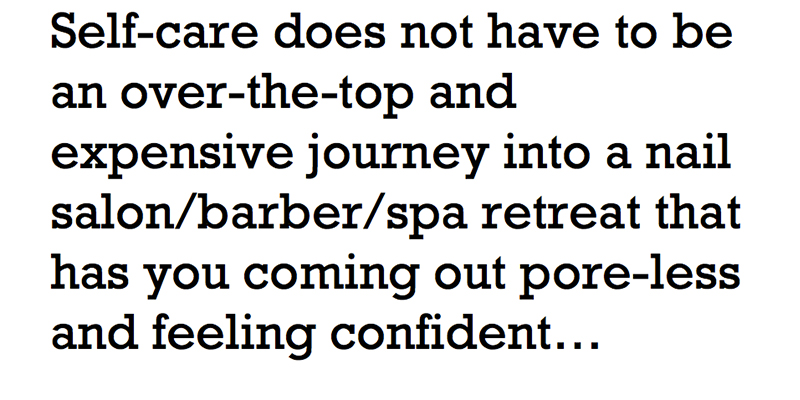
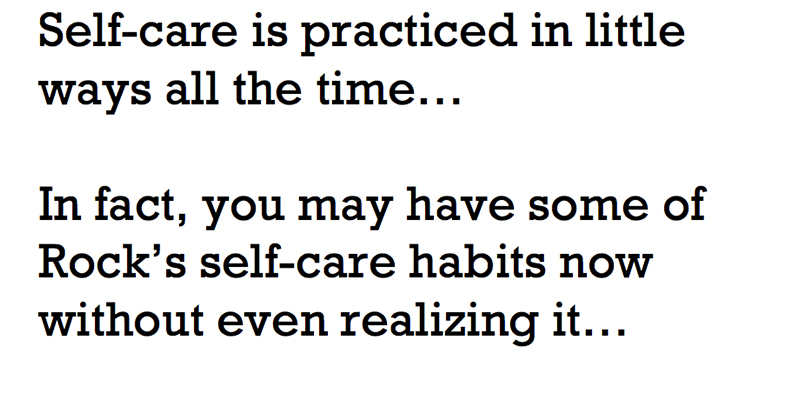
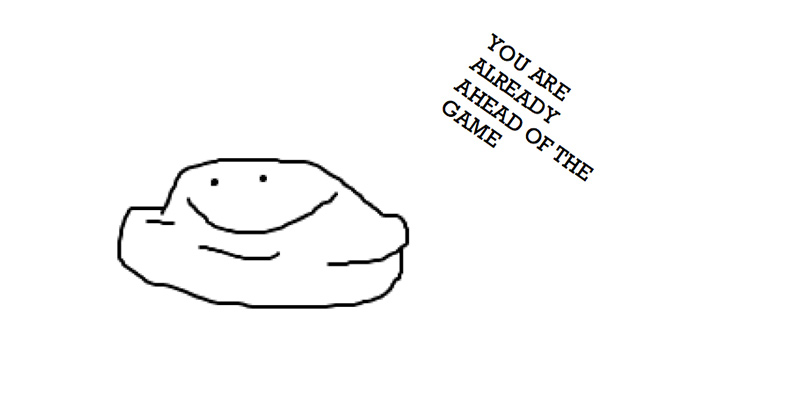
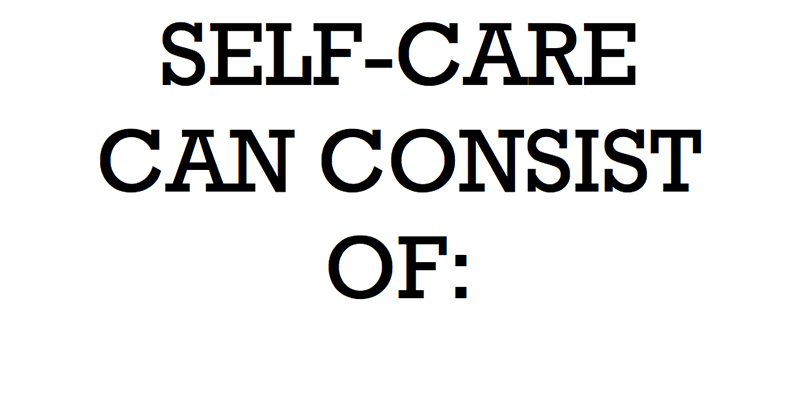
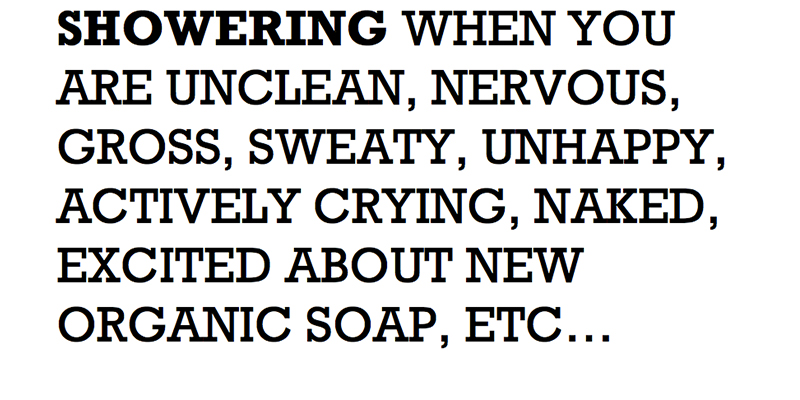
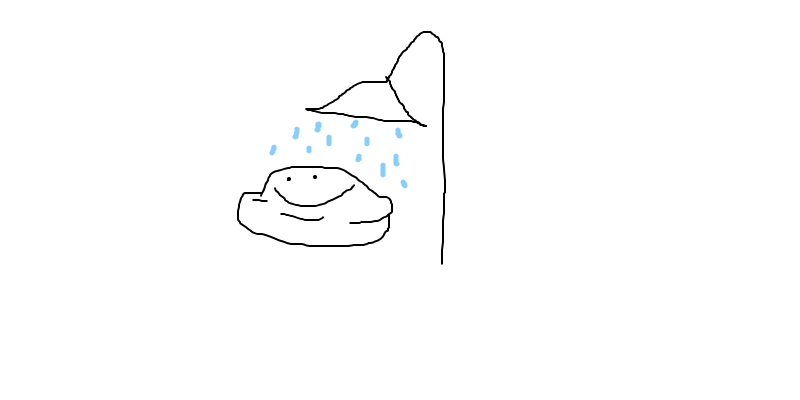
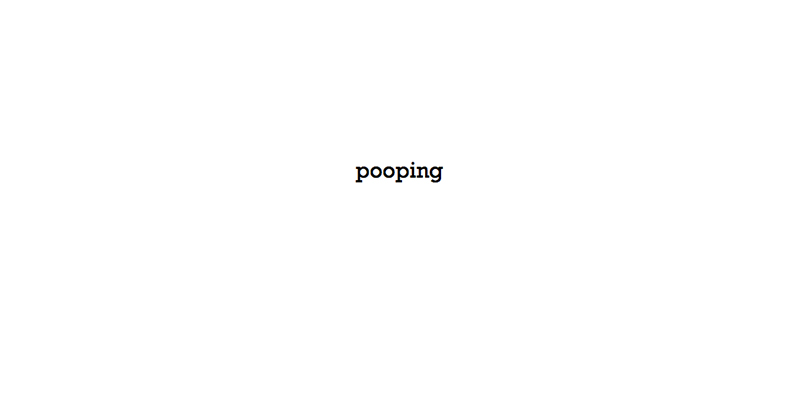
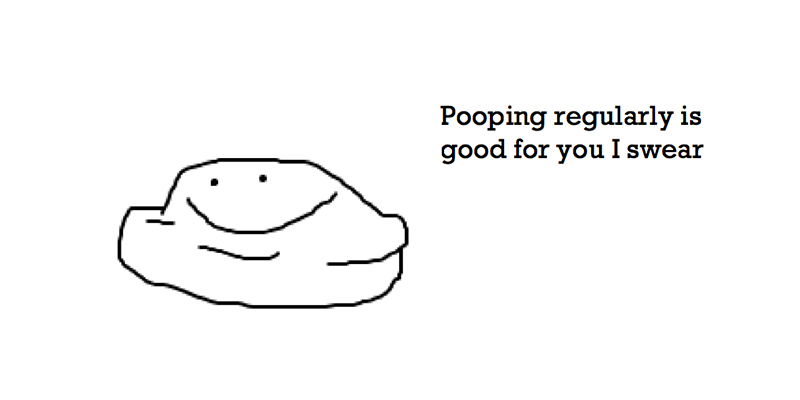
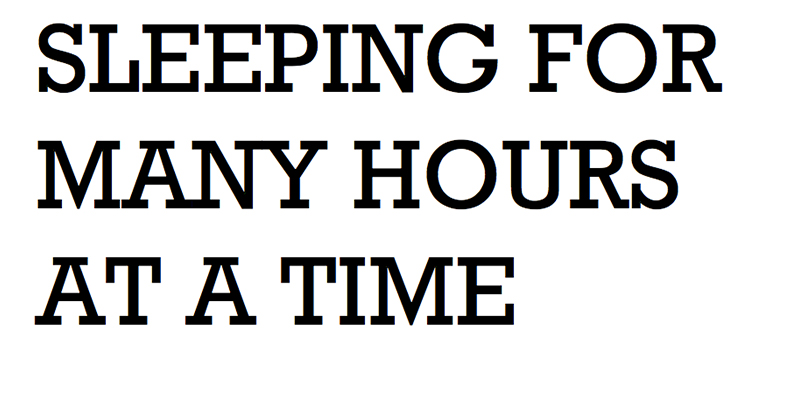
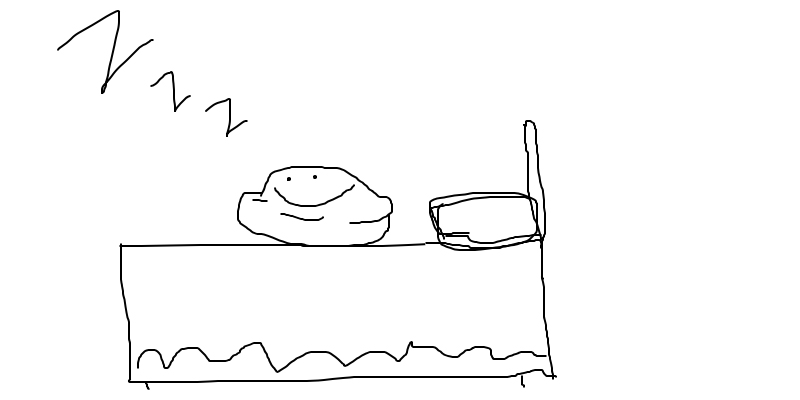

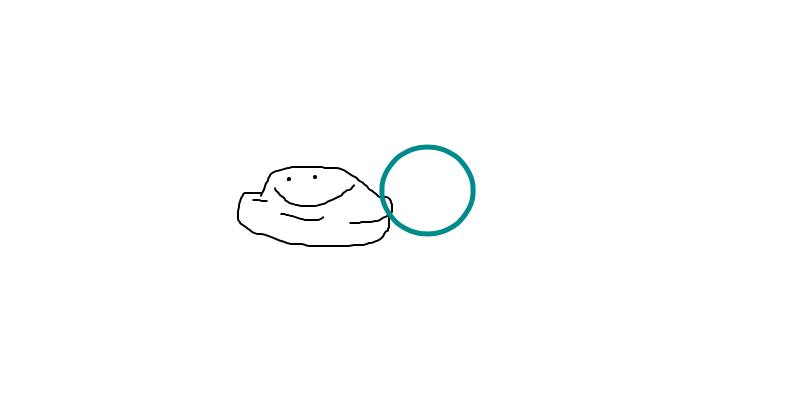
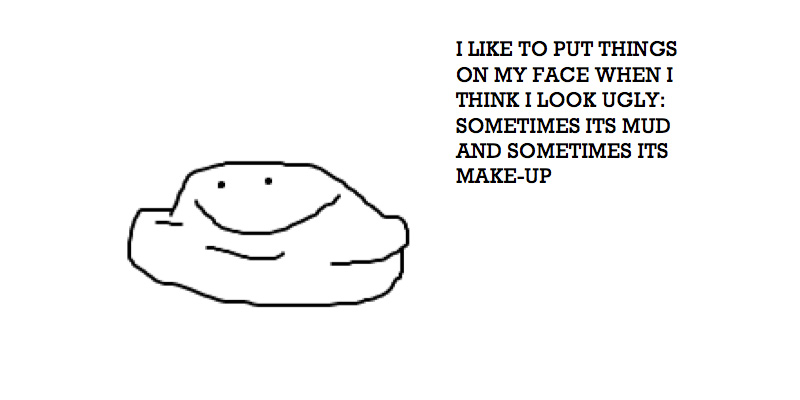
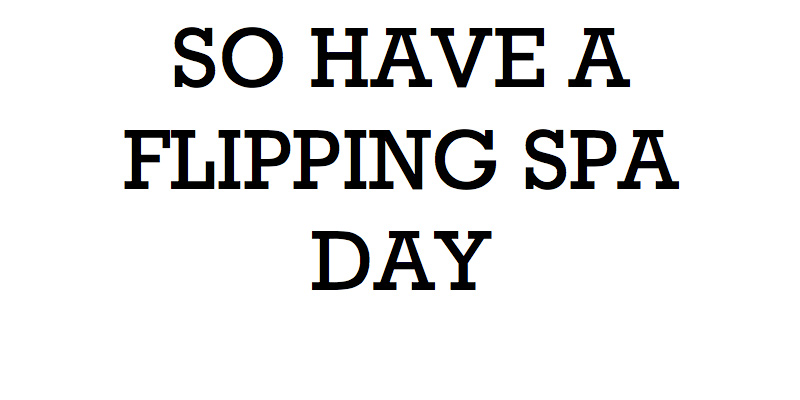

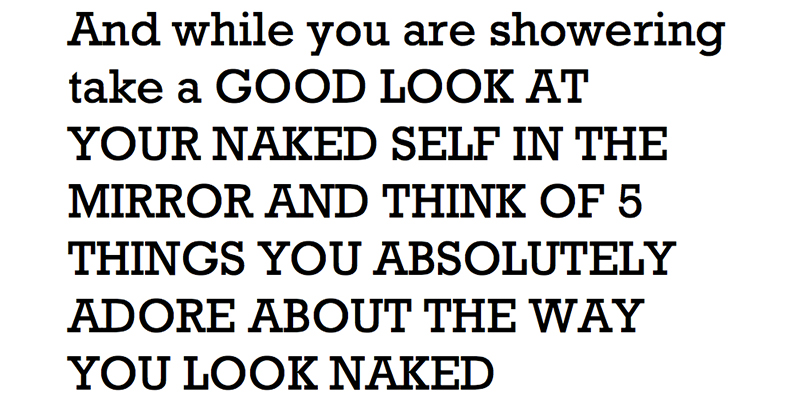
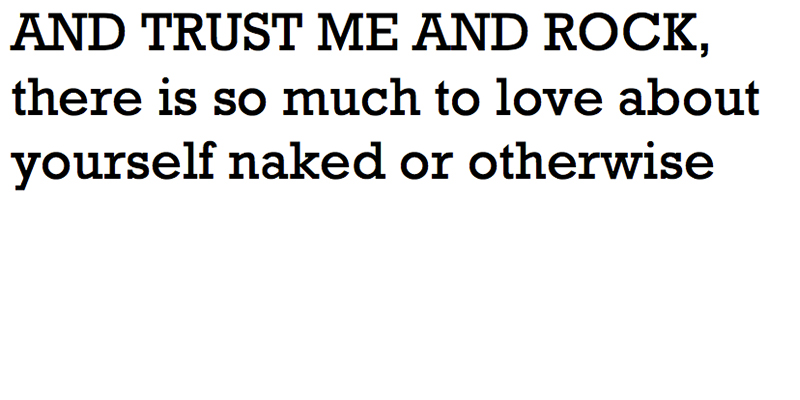


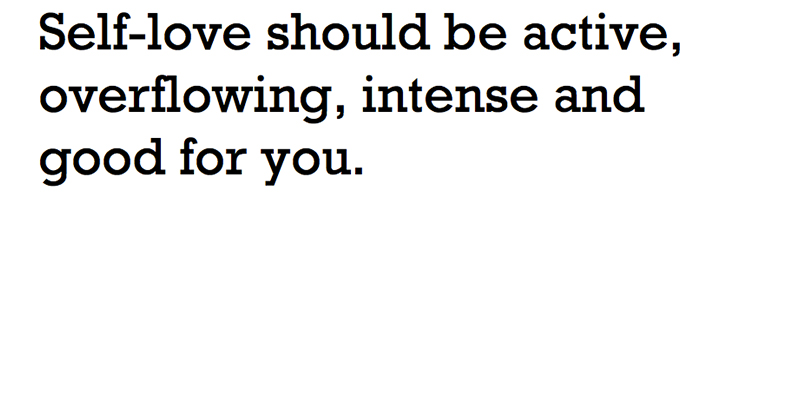
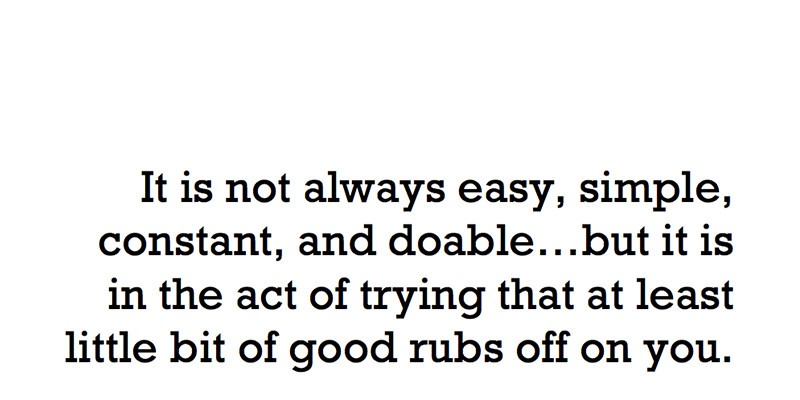

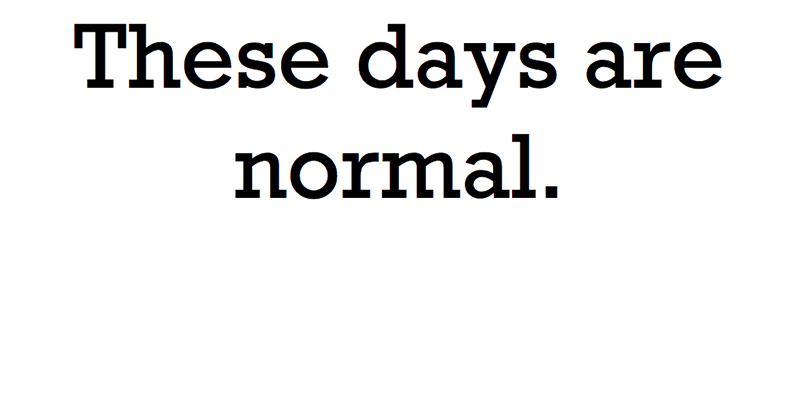
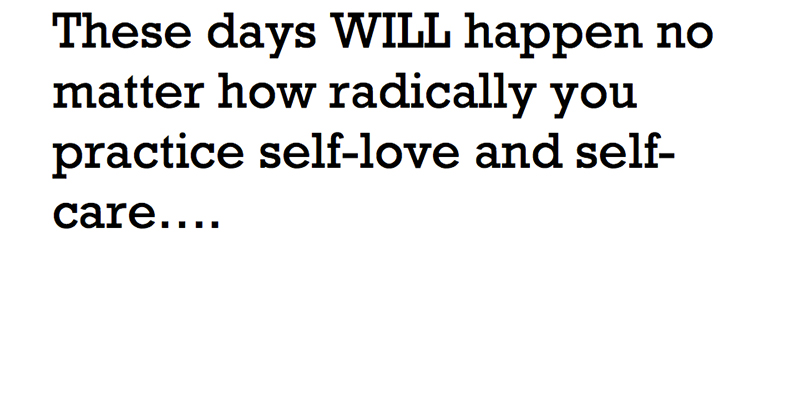
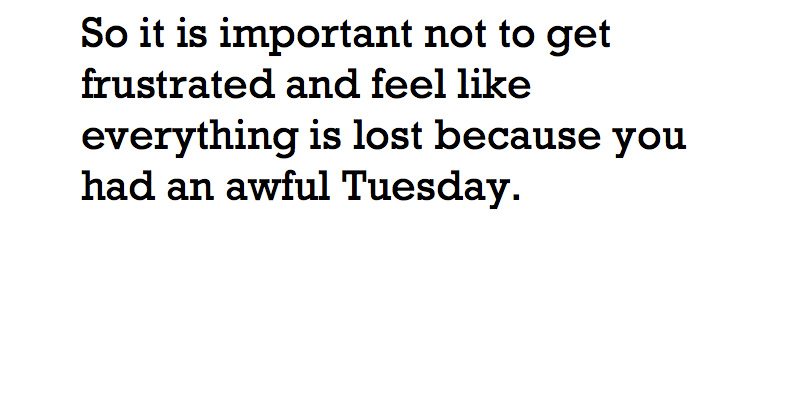

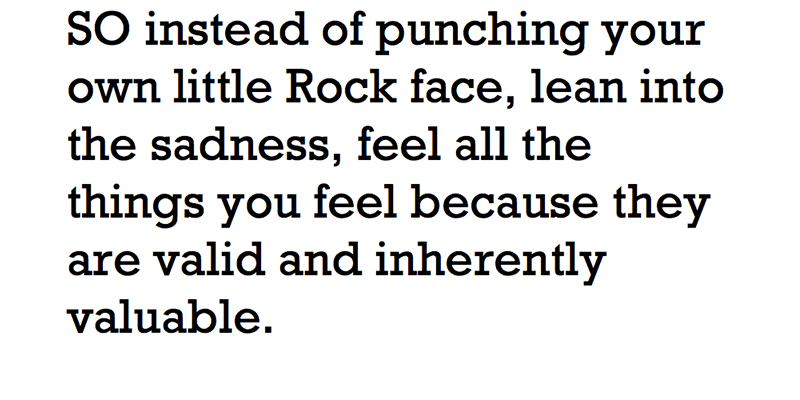
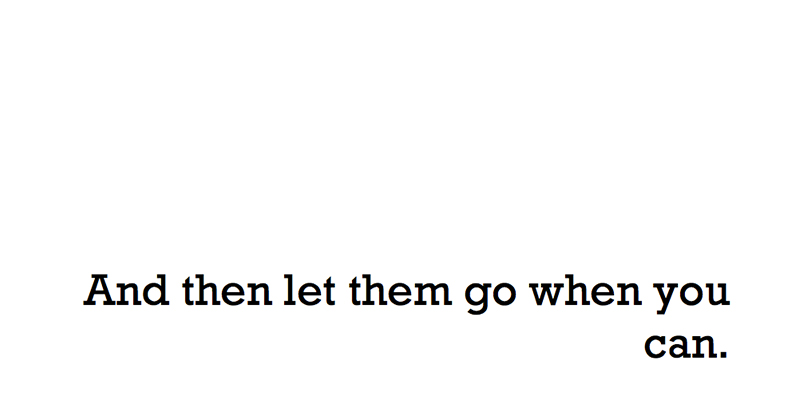
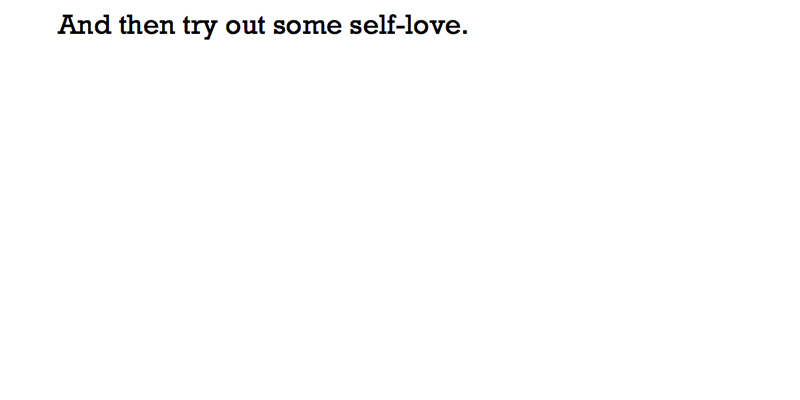
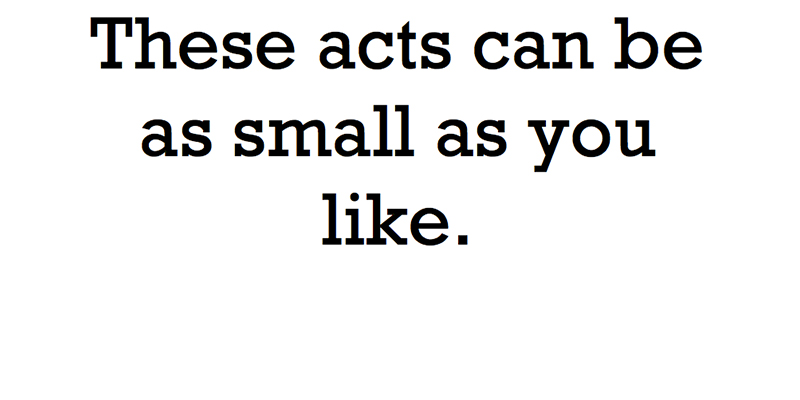
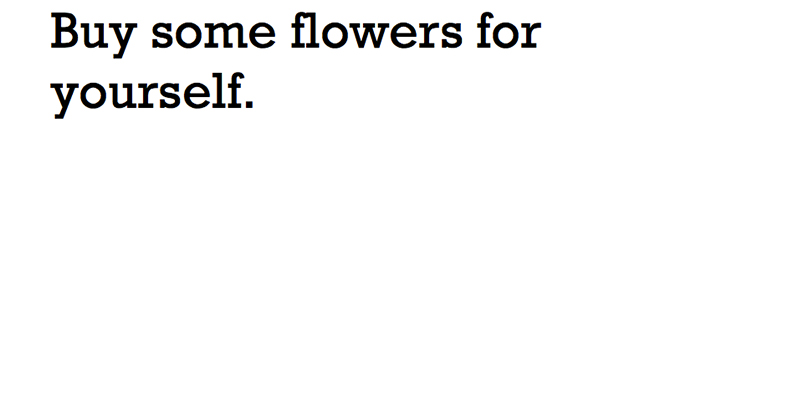


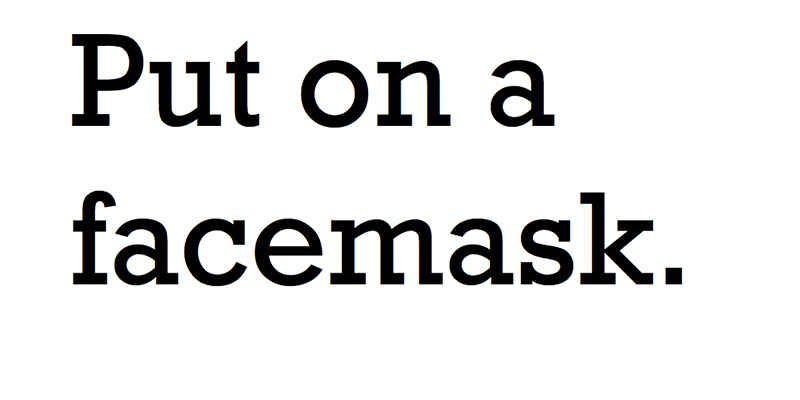
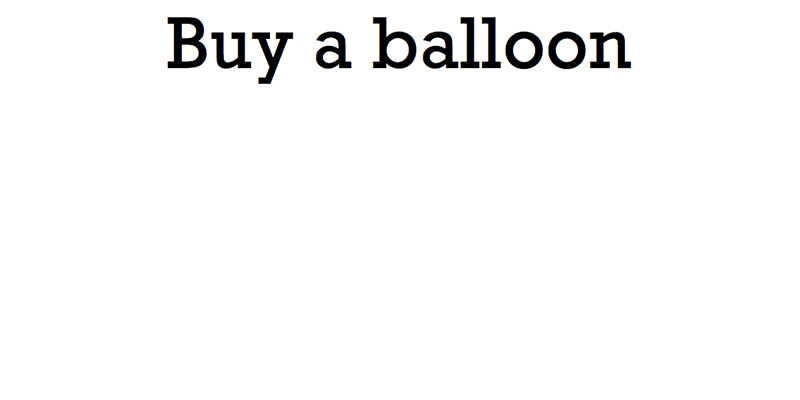

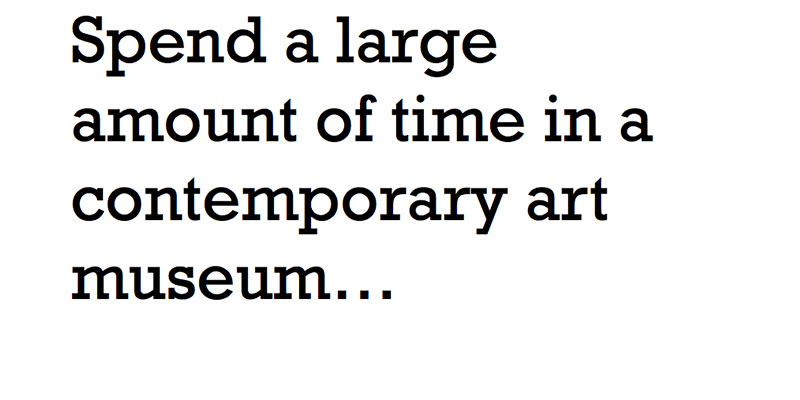
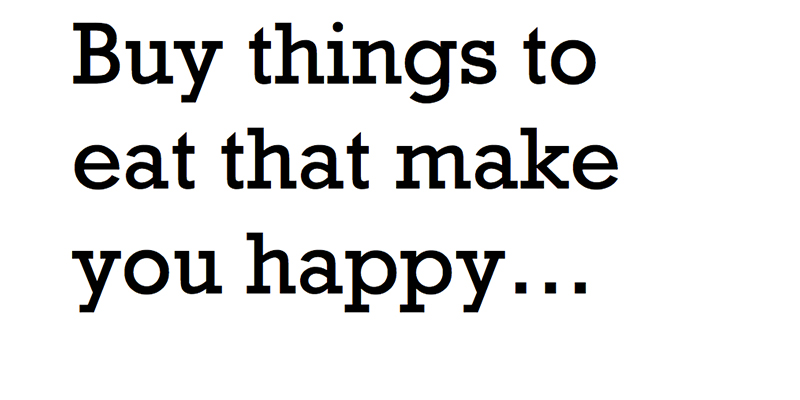

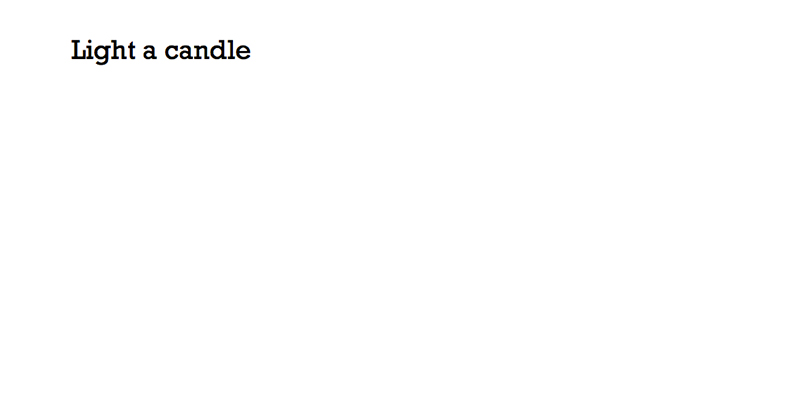



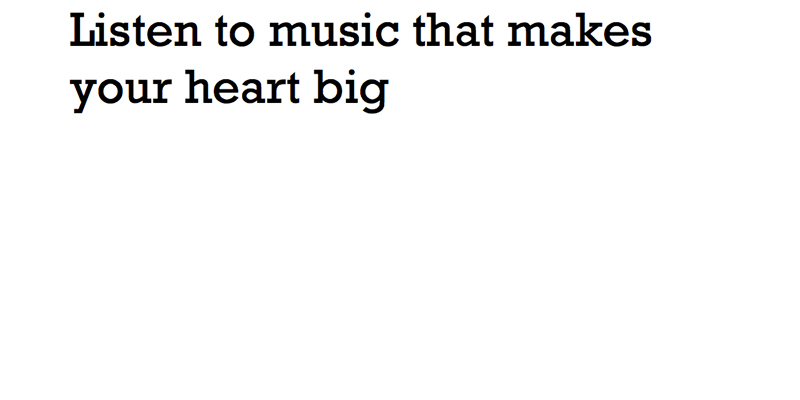

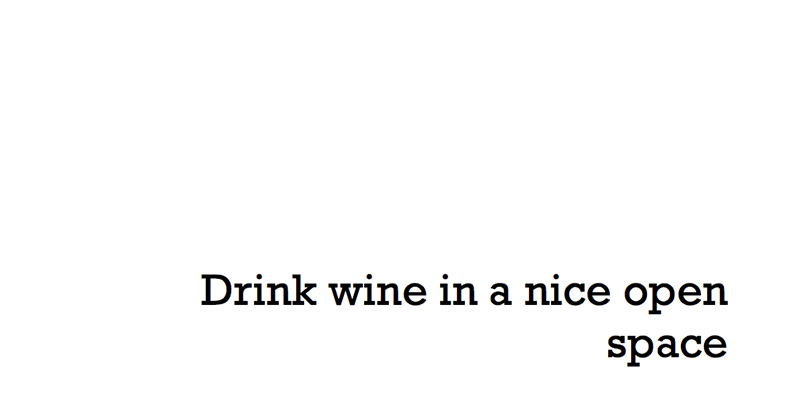

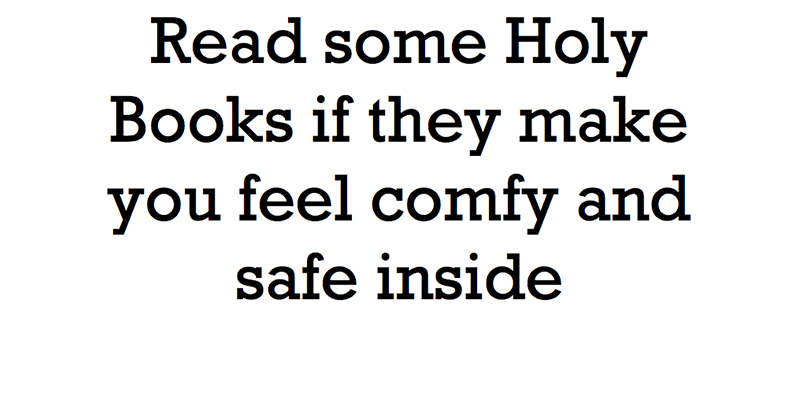


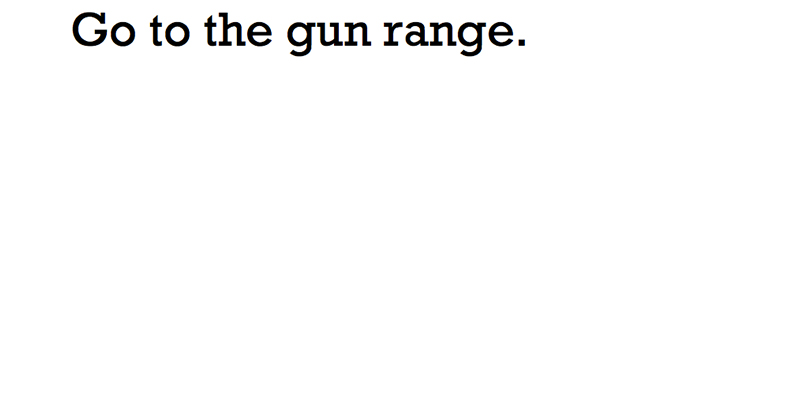
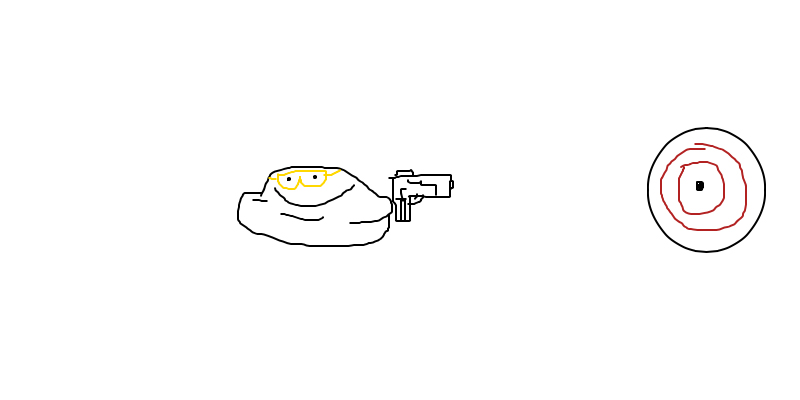
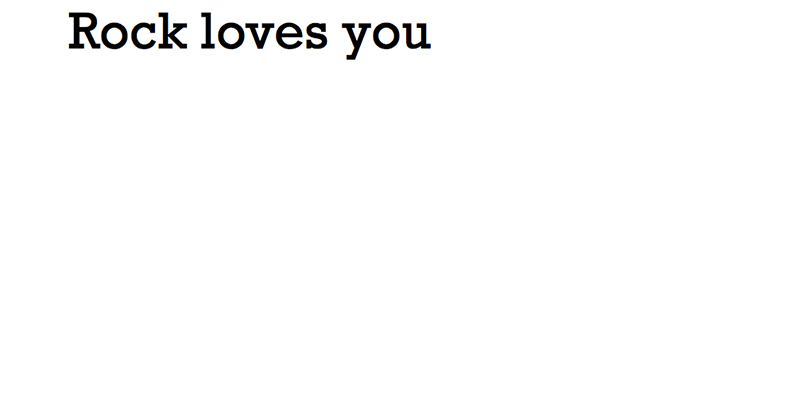
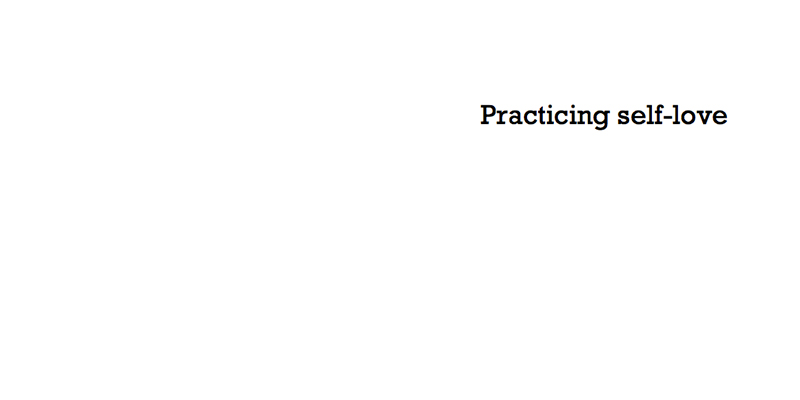
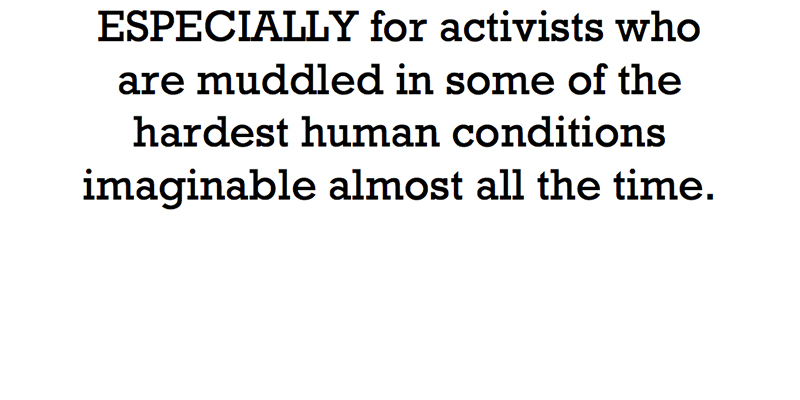
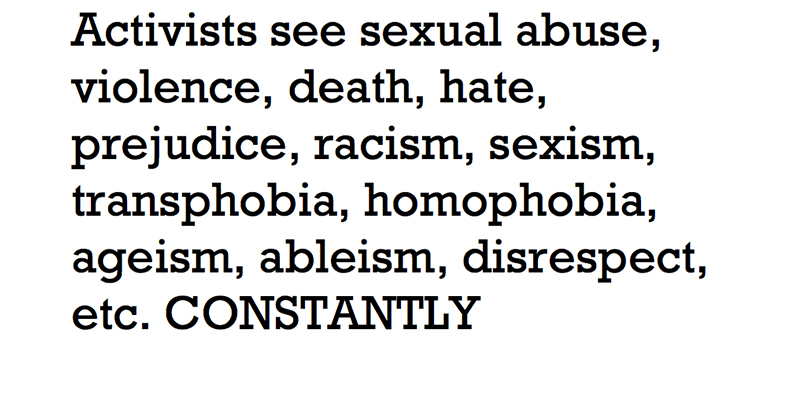
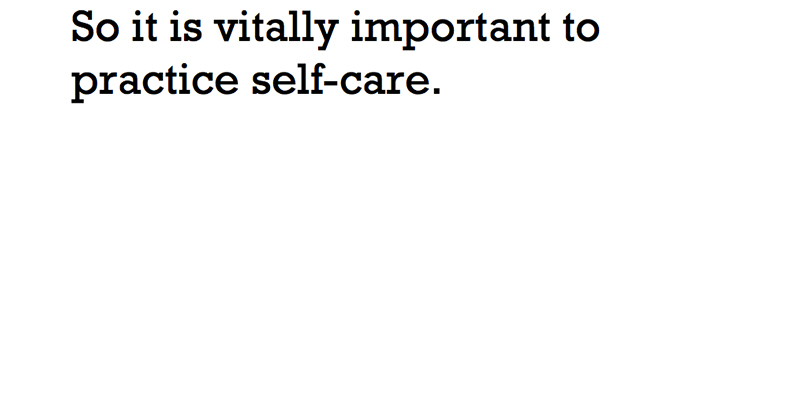
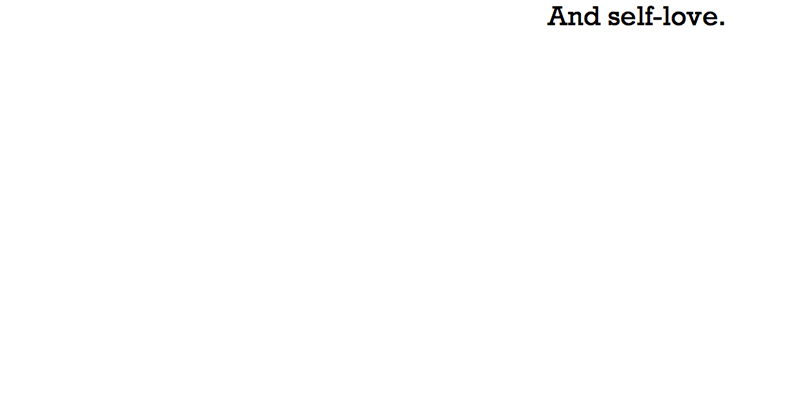
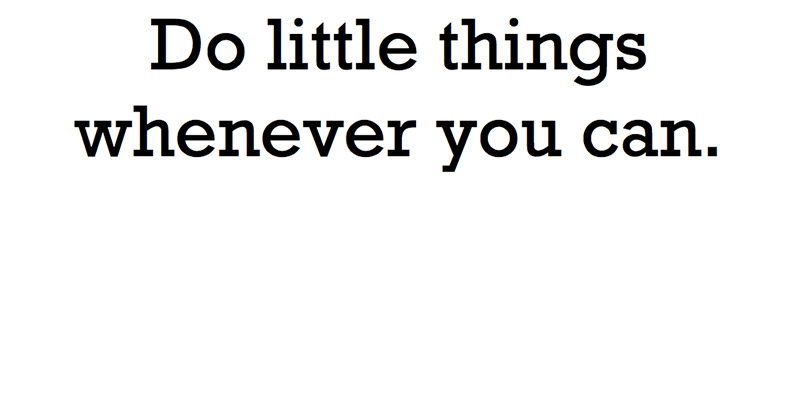
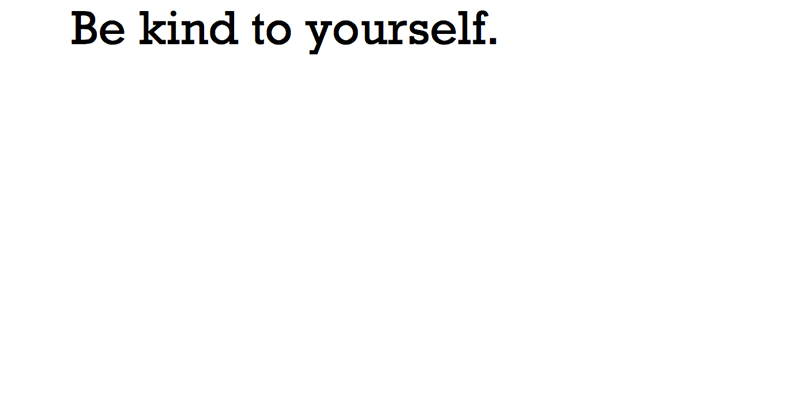
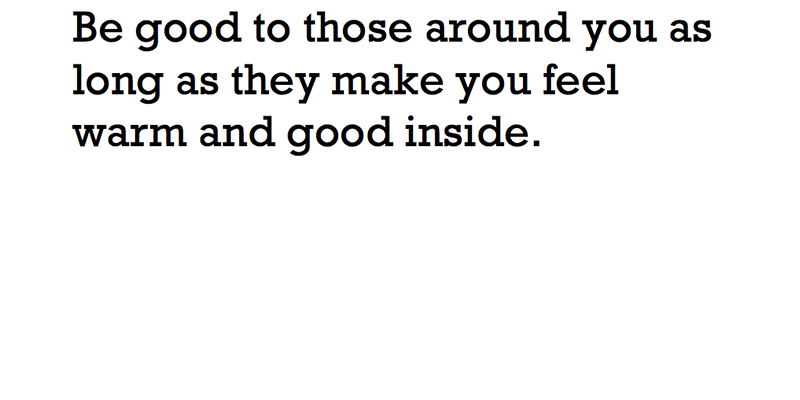

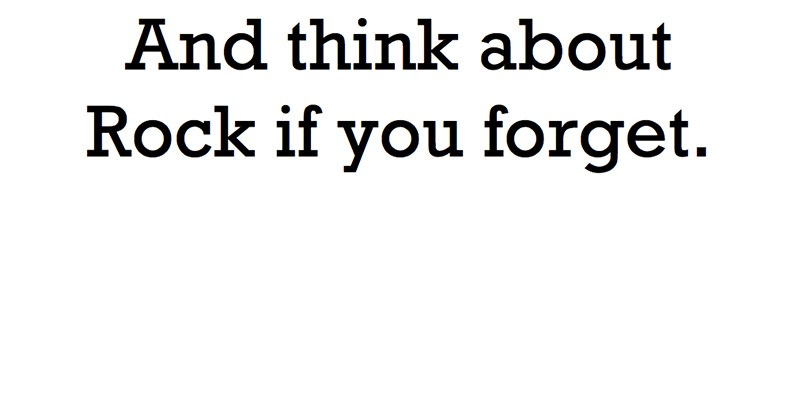

A Guide for Your Winter Skin Care Routine – Fourteen East
18 January
[…] work clubs and social lives, we can tend to forget to take care of ourselves. The new year is a great time to start practicing self care, and one easy way is to start with […]